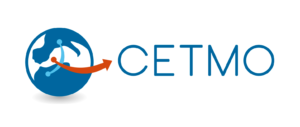Anwar Zibaoui
General Coordinator of ASCAME
The coronavirus outbreak is redefining how we stay connected. And with a fifth of the planet already isolated, it is imperative to keep the flow of goods so that critical supplies can get where they are needed.
